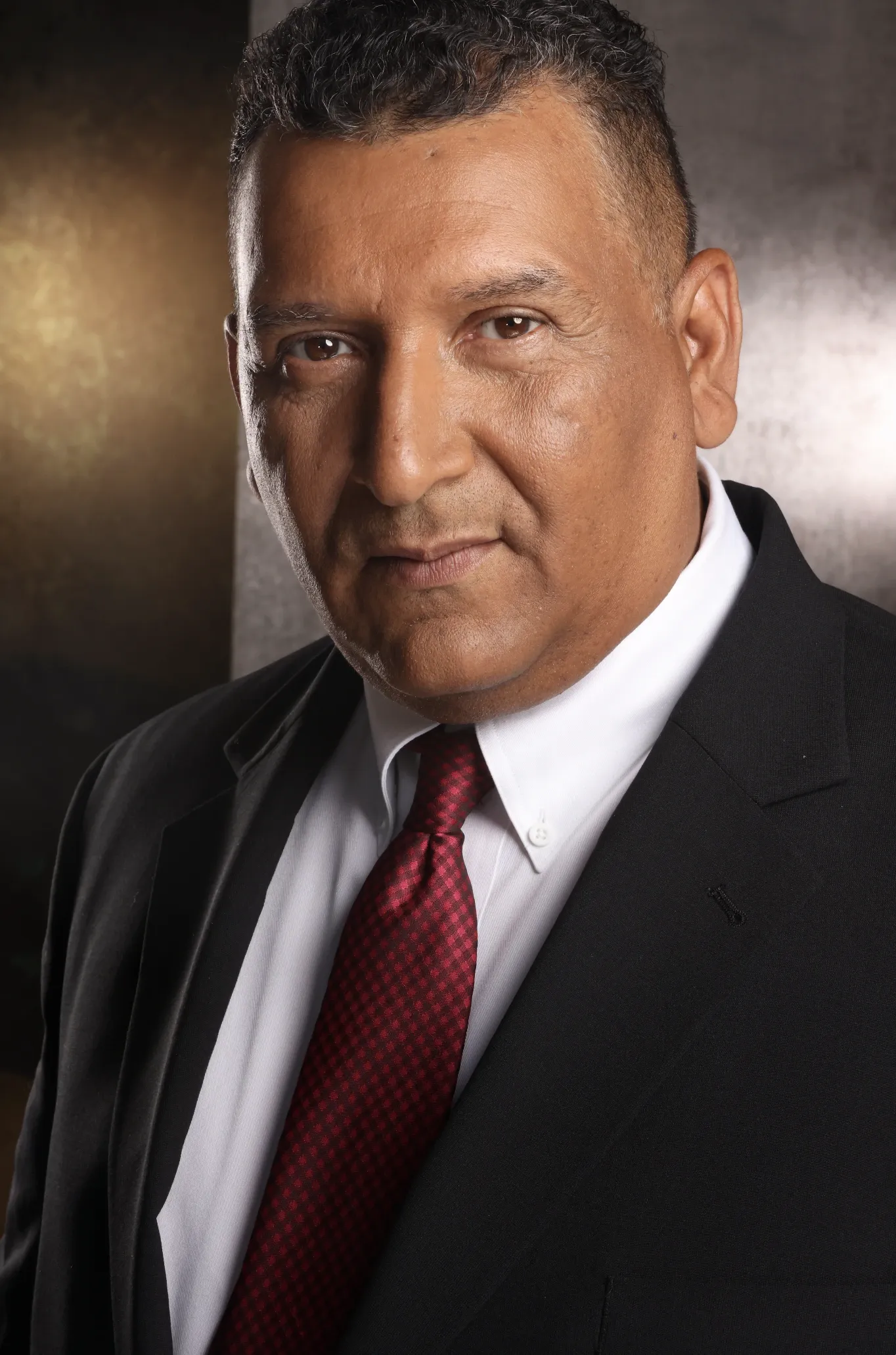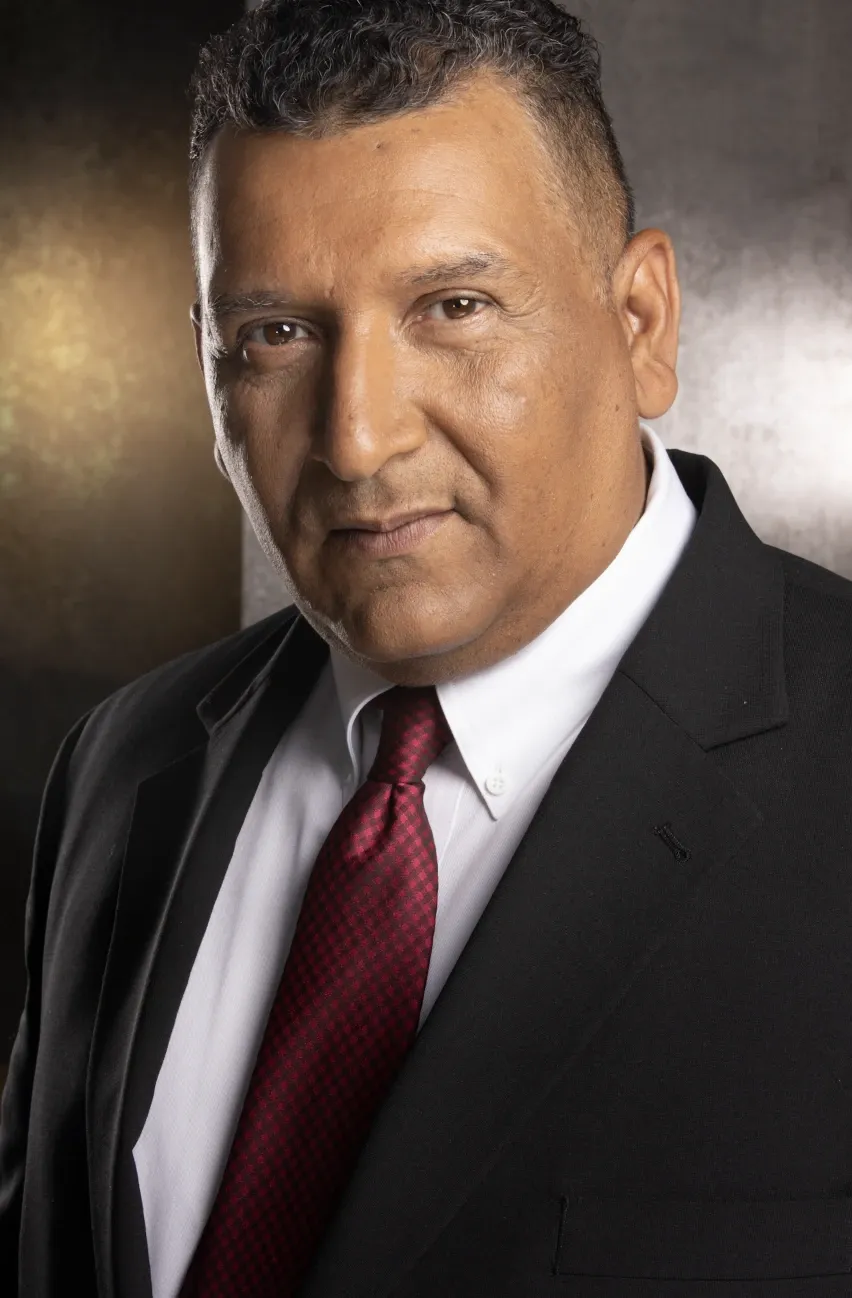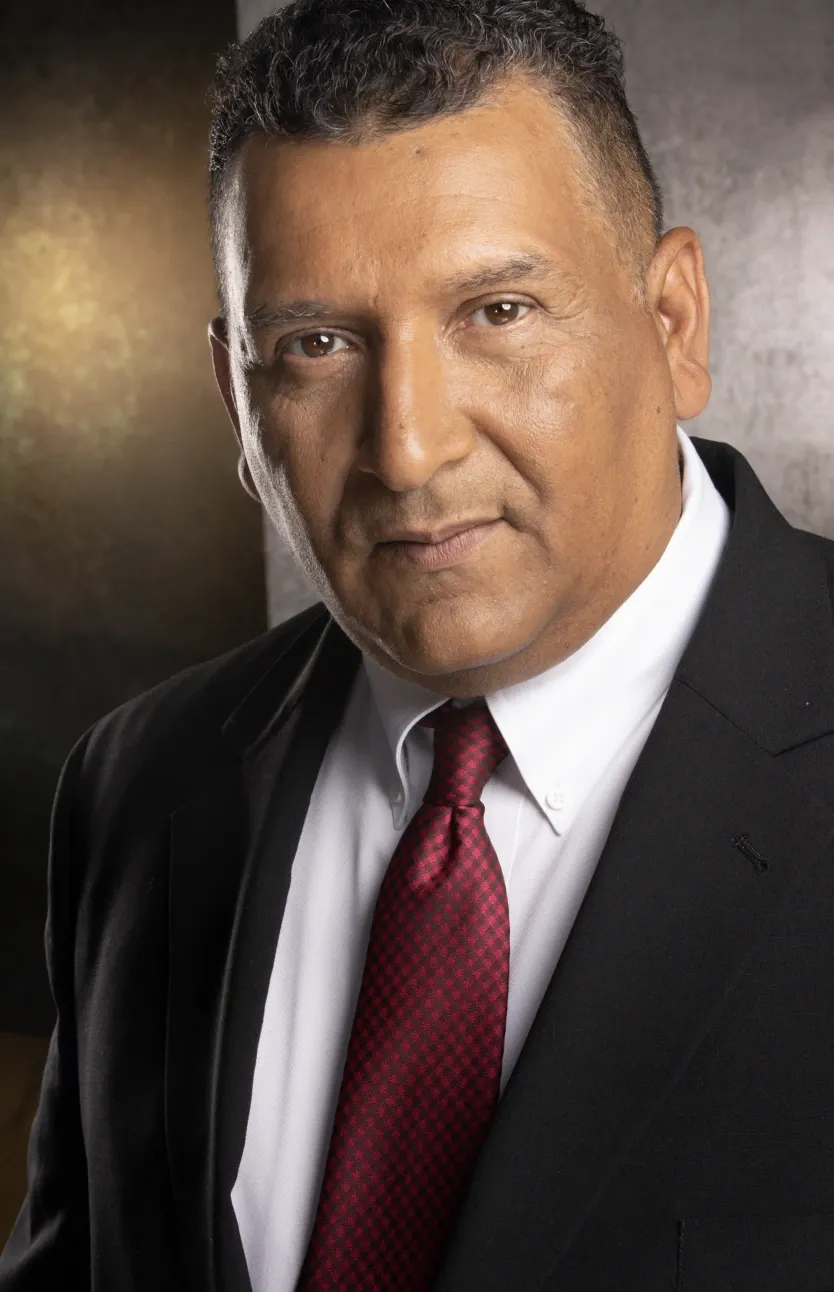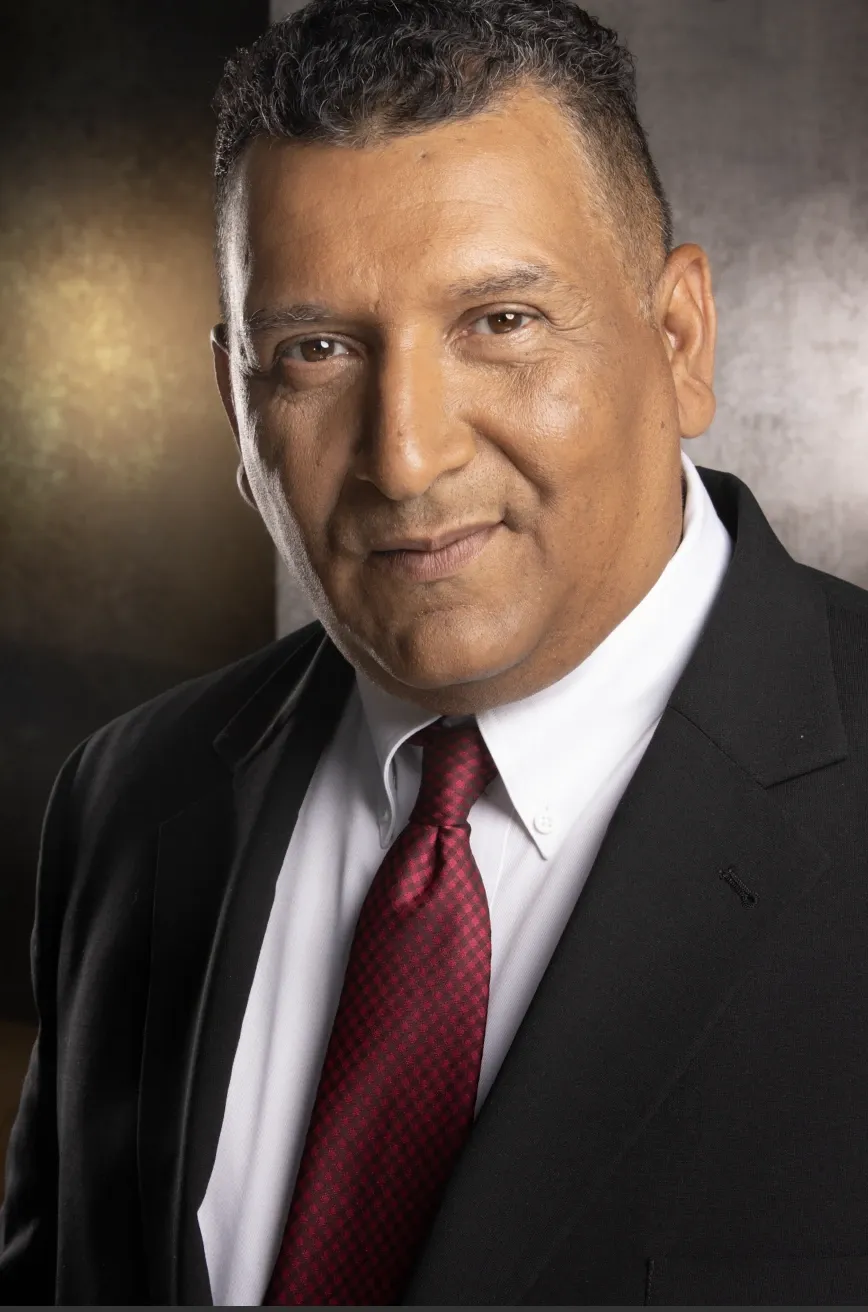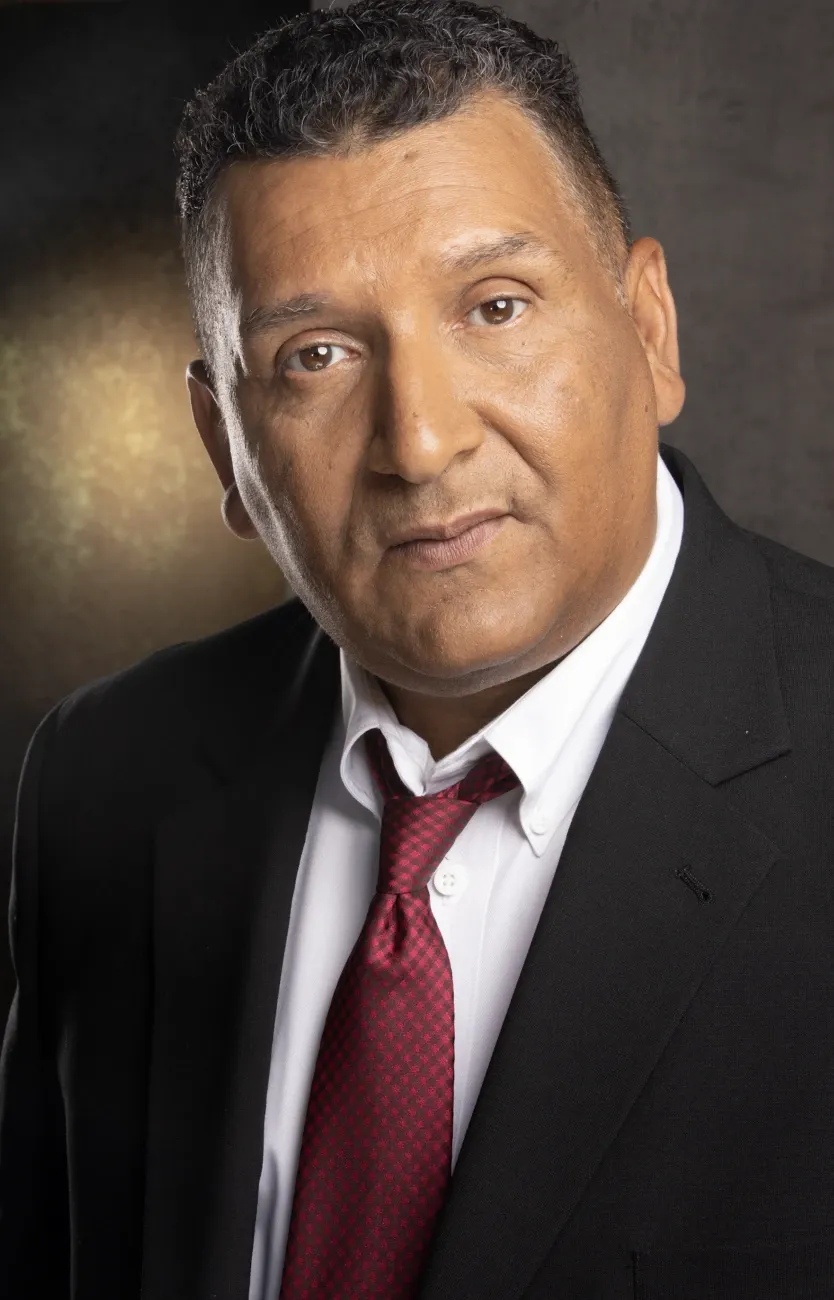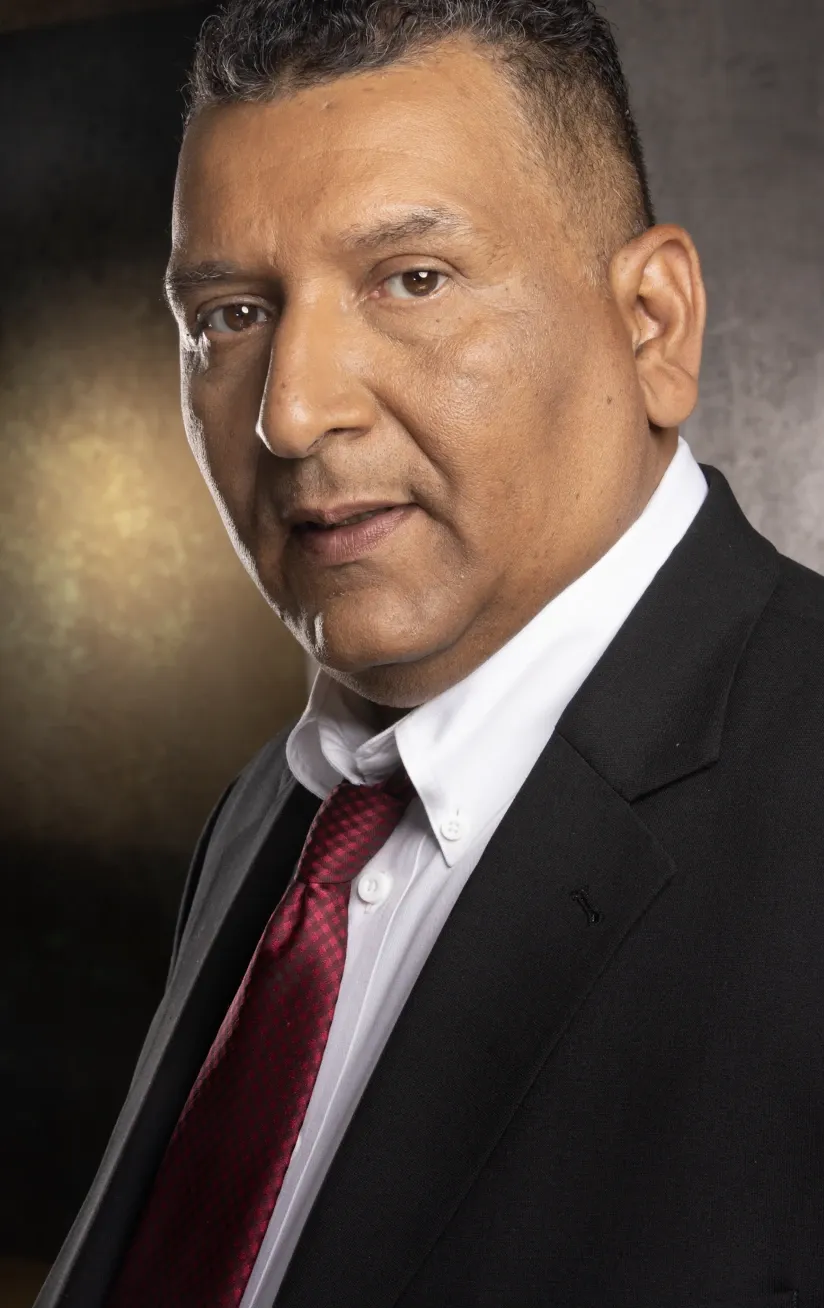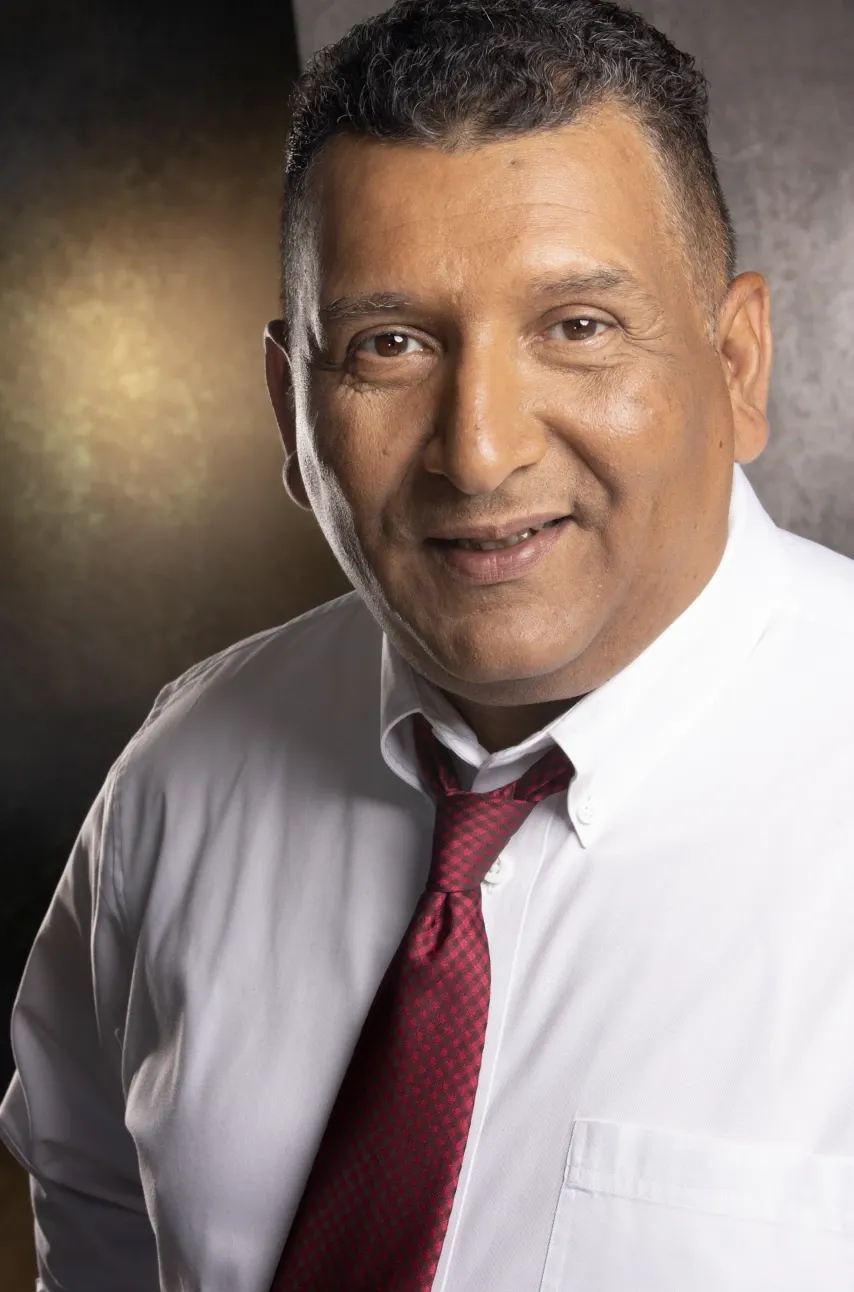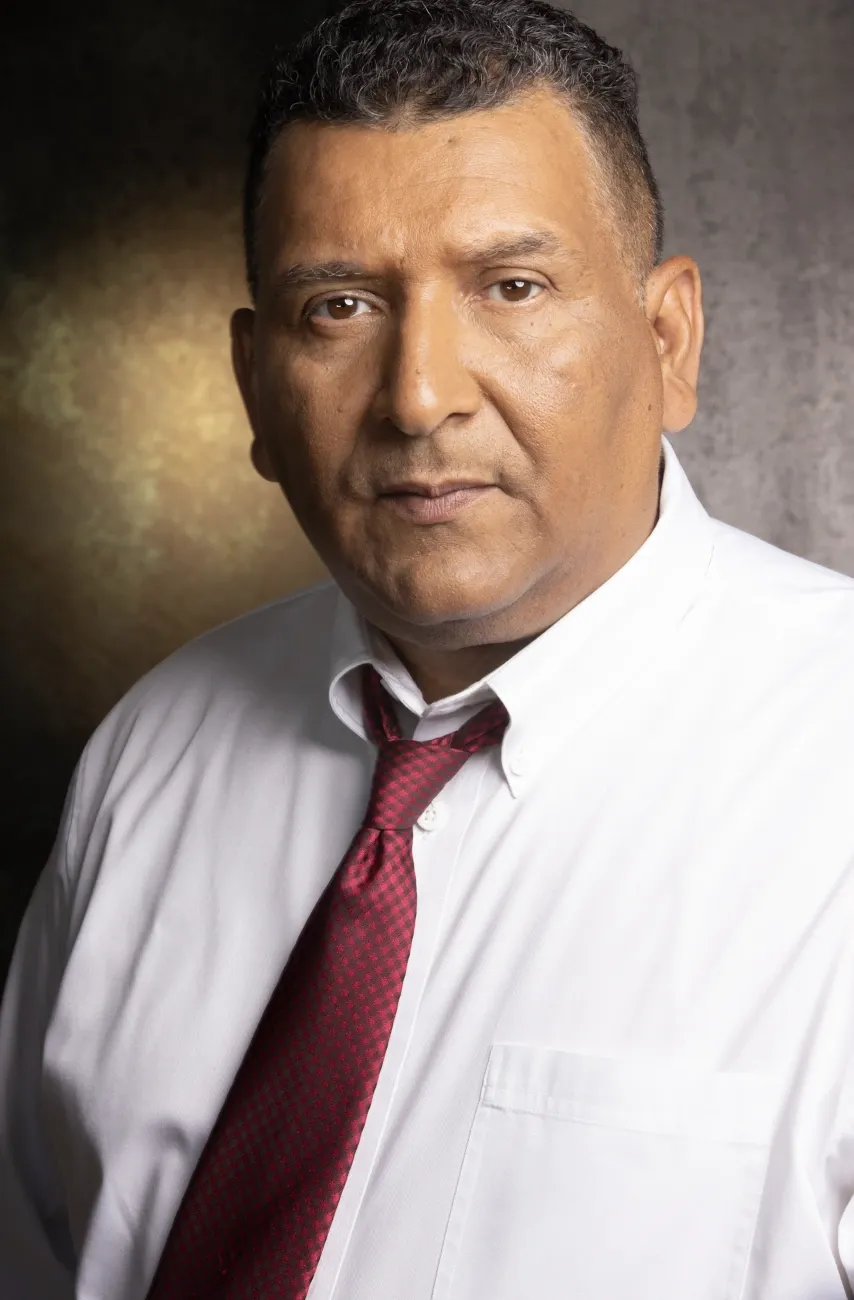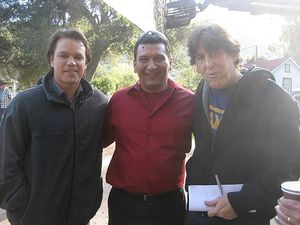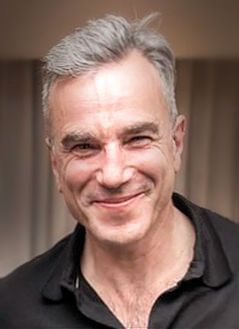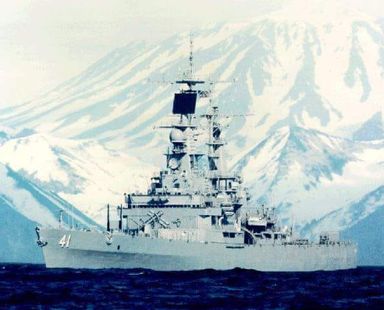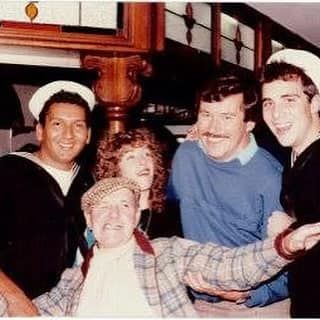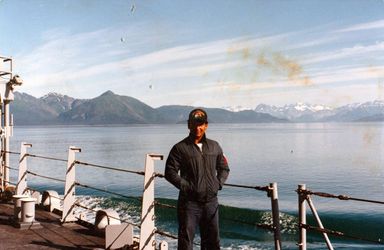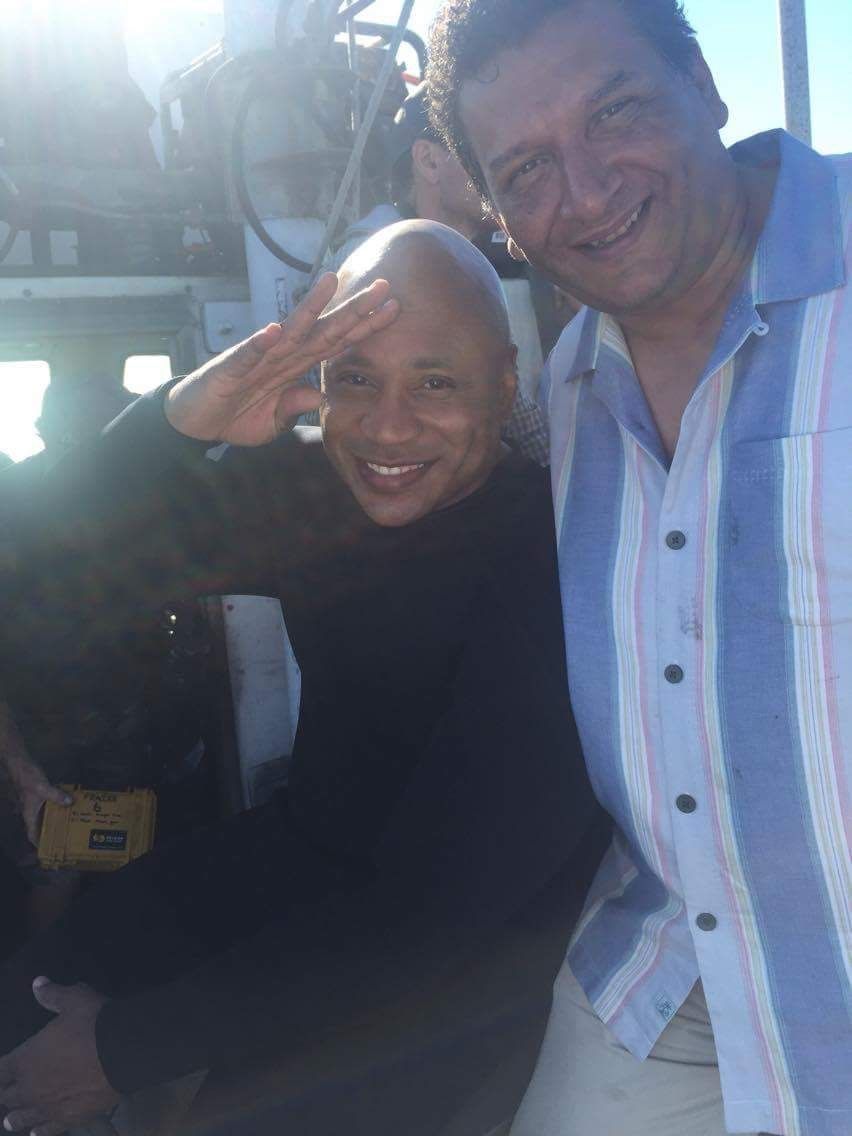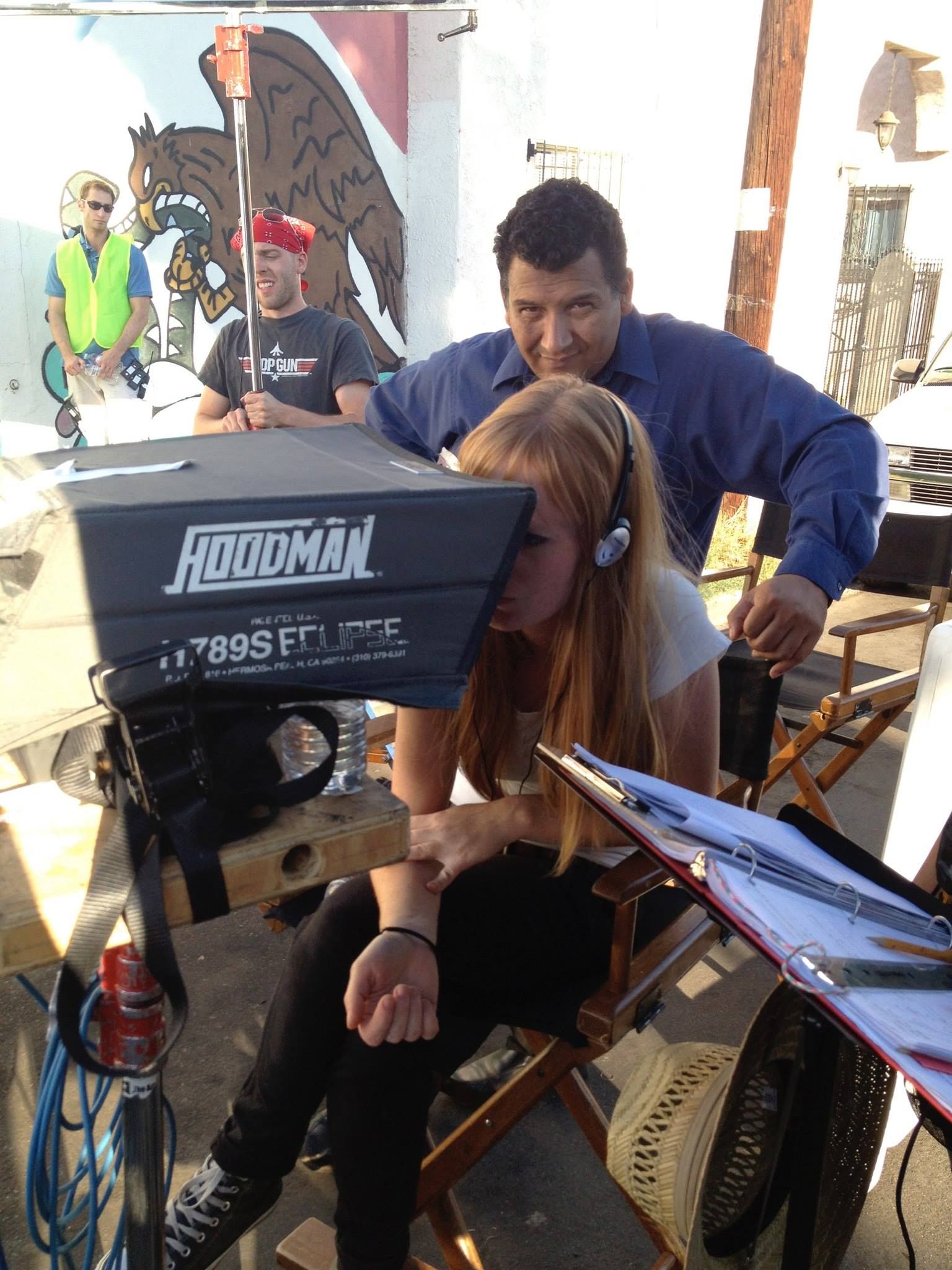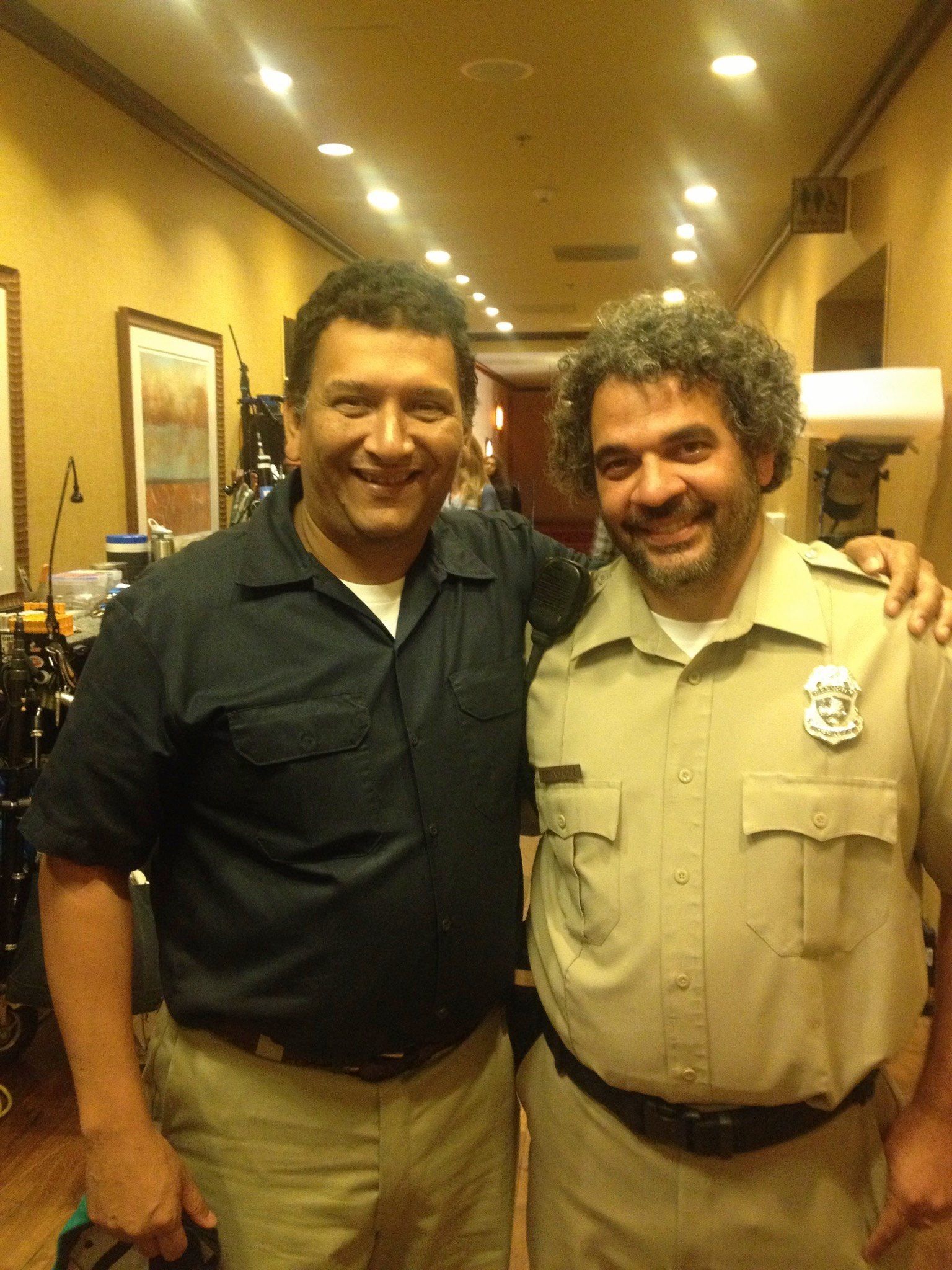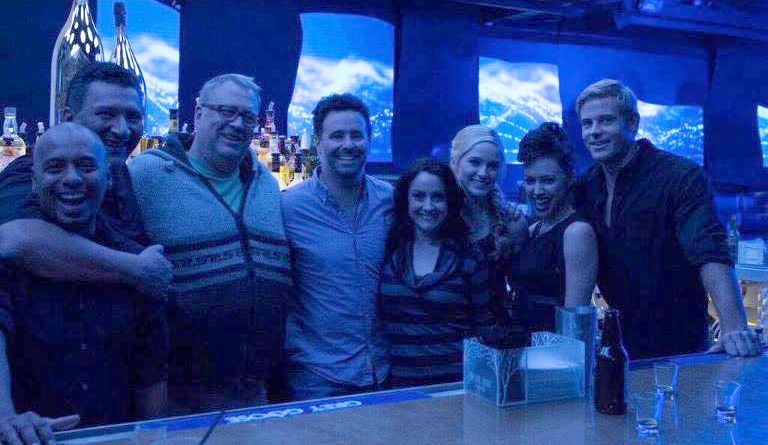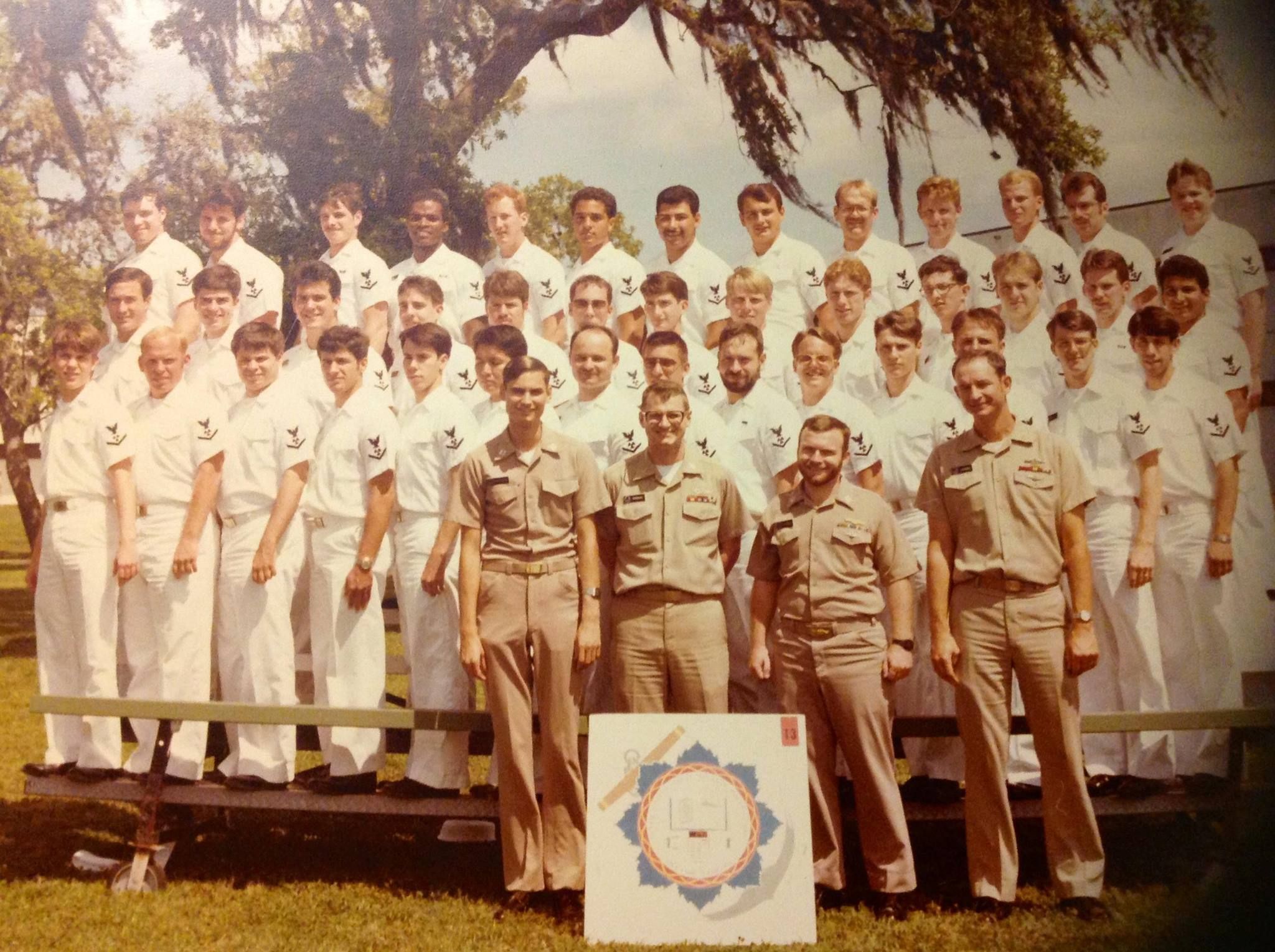
From Nuclear Reactor to Acting Stage: My Journey as a Navy ELT
Discover how eight years in the US Navy's elite Nuclear Power Propulsion Program, including intense training as an Engineering Laboratory Technician (ELT), shaped my discipline, focus, and unique approach to the craft of acting.
Roberto Montesinos
My Journey into Naval Nuclear Power: Becoming an ELT
Becoming an actor is a journey often paved with unique experiences, and mine is no exception. Before I ever stepped onto a stage or in front of a camera, I spent eight years immersed in the incredibly demanding world of the US Navy's Nuclear Power Propulsion Program. This wasn't just a job; it was an education, a rigorous training regimen, and ultimately, a foundational experience that shaped who I am today. And it all began with becoming an Engineering Laboratory Technician (ELT).
The Road to Qualification: Years of Intense Training
My path to becoming a qualified reactor plant operator was anything but typical. It involved a series of intensive schools and practical training units, each building upon the last:
- Machinist's Mate "A" School: This was my initial deep dive into the fundamentals of naval mechanical systems, laying the groundwork for everything that followed.
- Nuclear Power School (NPS) in Orlando, FL: For six intense months, NPS was a non-stop barrage of physics, thermodynamics, and reactor theory. It was like a master's degree in nuclear engineering, compressed into half a year. The academic rigor here was unparalleled, pushing me to new limits of understanding complex systems.
- Nuclear Prototype Training Unit (NPTU) at MARF (S7G) in Balston Spa, NY: This six-month phase was where theory met reality. As a Mechanical Operator, I gained hands-on experience operating a full-scale, operational nuclear reactor plant. This was the crucible where we learned to apply our knowledge under simulated real-world conditions, preparing us for the immense responsibility of operating a nuclear reactor.
The Elite Path: Becoming an ELT
It was at NPTU Balston Spa that I was given an extraordinary opportunity. Offered only to the top Mechanical Operator students, I was selected to attend the Engineering Laboratory Technician (ELT) School. This additional three-month program honed my skills in a highly specialized area: the chemistry and radiological controls of nuclear reactors.
As an ELT, my responsibilities were critical to the safe operation of these complex plants. I was trained to:
- Monitor and maintain reactor coolant chemistry: Ensuring the water inside the reactor was perfectly balanced was crucial for preventing corrosion and maintaining efficiency.
- Manage radiological safety: This involved everything from routine checks to responding to potential issues, all to ensure the safety of personnel and the environment.
- Operate and maintain mechanical systems: While specializing in chemistry and radiation, ELTs also maintained a comprehensive understanding of the plant's mechanical components, including steam systems.
From Student to Staff: A Unique Instructor Experience
Upon completing my ELT training, I was presented with an even more unique opportunity: a 26-month duty assignment as an ELT Junior Staff Instructor. This was a pivotal period in my development. As a "Staff Pickup," I hadn't yet served on a warship, unlike the majority of the seasoned Staff Instructors who had years of experience on nuclear submarines, cruisers, and aircraft carriers.
This dynamic created an incredible learning environment. While I was technically an instructor, the senior Staff Instructors often used us "Pickups" as assistants, enabling me to learn far more than what was written in any training manual. I was part of a team responsible for qualifying hundreds of sailors in various roles – Mechanical, Electrical, Reactor Operators, and ELT students. I learned how to convey complex information clearly, adapt to different learning styles, and, most importantly, absorb invaluable practical knowledge from those who had truly "been there and done that."
This rigorous training and unique instructional experience instilled in me a profound sense of discipline, attention to detail, and the ability to perform under pressure – qualities that, perhaps surprisingly, have proven incredibly valuable in my acting career. In my next post, I'll delve into my training at sea and how those experiences, particularly the intense annual Pentagon inspections, further shaped my journey and even offered early lessons for my acting path.
From Nuclear Engine Rooms to Scene Study: The Unexpected Call to the Stage (Part 2)
The journey into acting intensified with a bold challenge from a veteran teacher, leading to my first professional play, a deep dive into character, and the profound lessons in leadership and human connection that shaped my acting career.
From Nuclear Reactor to Acting Stage: The At-Sea Chapter
Join me as I recount my challenging and transformative years aboard a nuclear-powered warship, where daily drills, Pentagon inspections, and a pivotal lesson from my Commanding Officer unexpectedly shaped my approach to acting and life.
